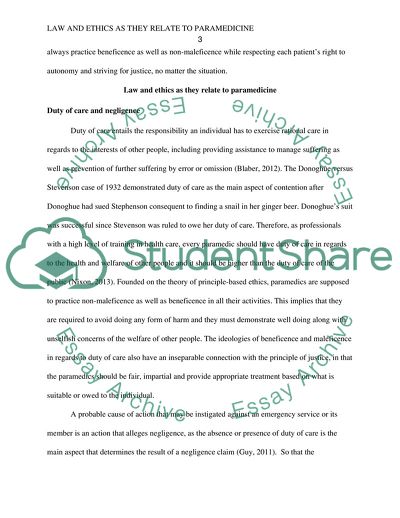Cite this document
(Law and Ethics as They Relate to Paramedicine Essay, n.d.)
Law and Ethics as They Relate to Paramedicine Essay. https://studentshare.org/health-sciences-medicine/1865732-discuss-the-law-and-ethics-as-it-relates-to-paramedicine
Law and Ethics as They Relate to Paramedicine Essay. https://studentshare.org/health-sciences-medicine/1865732-discuss-the-law-and-ethics-as-it-relates-to-paramedicine
(Law and Ethics As They Relate to Paramedicine Essay)
Law and Ethics As They Relate to Paramedicine Essay. https://studentshare.org/health-sciences-medicine/1865732-discuss-the-law-and-ethics-as-it-relates-to-paramedicine.
Law and Ethics As They Relate to Paramedicine Essay. https://studentshare.org/health-sciences-medicine/1865732-discuss-the-law-and-ethics-as-it-relates-to-paramedicine.
“Law and Ethics As They Relate to Paramedicine Essay”. https://studentshare.org/health-sciences-medicine/1865732-discuss-the-law-and-ethics-as-it-relates-to-paramedicine.


